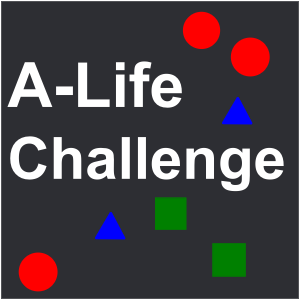
College of Engineering Unit:
The purpose of this software is to create novel evolutionary artificial life environment that is engaging to watch and can be used for research purposes. The software we have created will allow end-users to define artificial environments and custom artificial creatures. These custom creatures will react intelligently to the stimuli from the environment and adapt accordingly, with the species evolving as time goes on to become better suited to the environment. Our software is primarily aimed at being a tool for evolutionary studies, with this goal being achieved with several technologies, such as Electron-React and Python.
Users can define starting parameters for the genome or genomes of different species, determining their looks, behaviors, and other characteristics. The creation of multiple species from those genomes will allow researchers to study and monitor communal behaviors within species and between different groups, with users able to specify species relationships. The genomes of these species will be able to evolve throughout multiple generations, allowing them to change and adapt. Researchers will be able to experiment with what traits allow species to survive in the environment the longest, what can cause them to die off, and how it affects interactions.
Additionally, simulations themselves are controllable, with users being able to start, stop, save, and load situations. This allows researchers to recreate identical environments and experiment with the effects of small changes in the evolutionary outcome. Another control mechanism provided is the ability to fast forward through the simulation. Users can skip visual frames, speeding up the simulation, and allowing researchers to see results at a much faster pace.
We hope this tool will prove useful to researchers in the field of evolutionary biology to identify what specific aspects of an environment result in the emergent behaviors of evolution that we see today, answering questions such as what conditions lead to certain creatures choosing to work together vs preferring individualism and competing with one another, or why sexual reproduction is much more prevalent in today’s species than asexual reproduction.
Project Website(s):